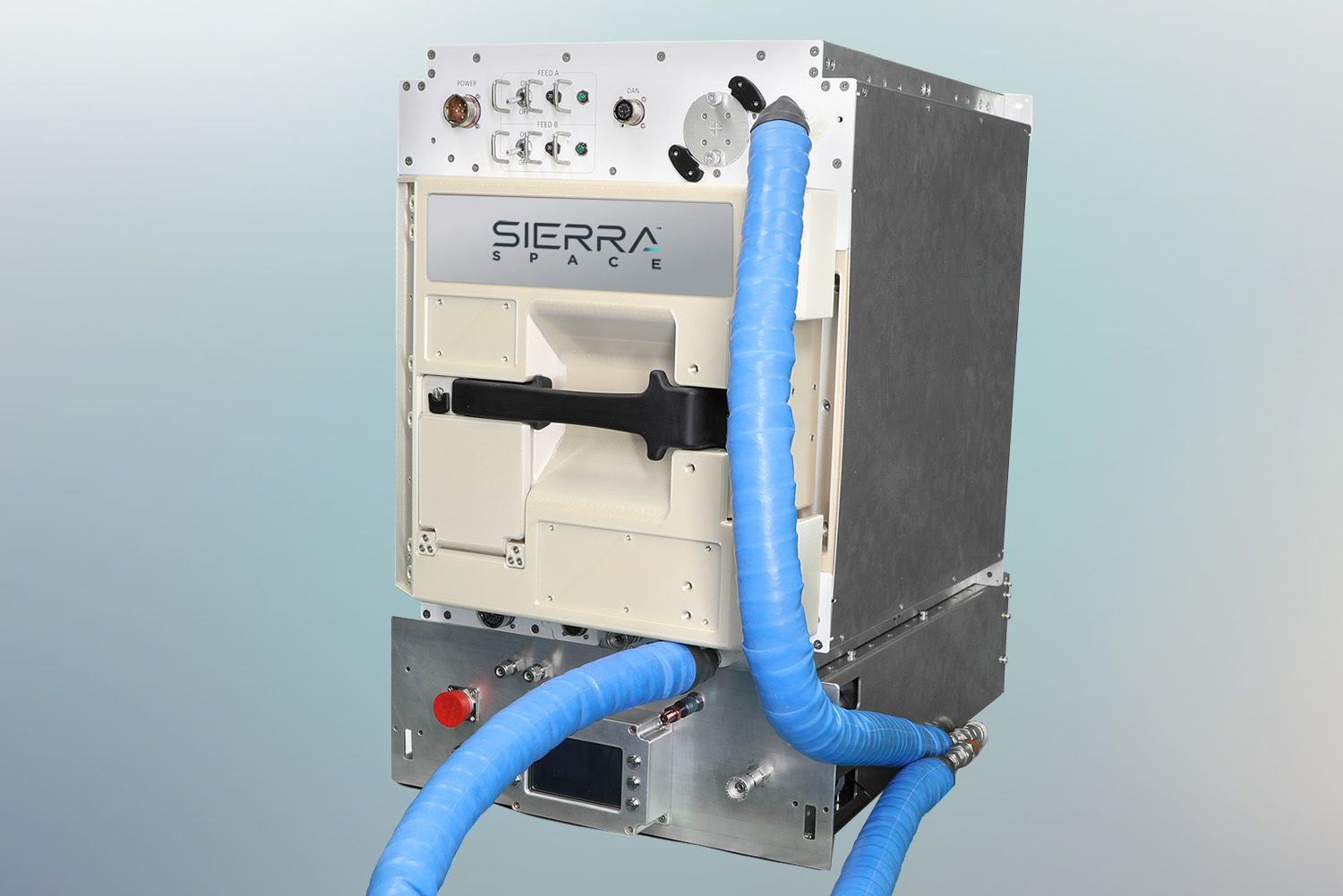Vaisala debuts new platform for autonomous vehicle industry

LOUISVILLE — Vaisala Inc. has developed a new platform for the autonomous-vehicle market, which can provide road-condition data to various users from multiple sensors and sources.
The platform gathers real-time road information from Vaisala sensors and delivers it to the auto industry to be used by autonomous vehicles. The platform uses Vaisala’s existing hardware that tracks weather and road conditions from sources such as roadways, plow data and computer vision mapping. The instant weather and road information can be used by autonomous vehicles to modify their behavior appropriately for the weather.
The technology Vaisala uses has evolved over the years, said Paul Bridge, global solutions manager for ground transportation digital solutions at Vaisala. The company used to monitor weather conditions on roadways using only weather stations and sensors embedded in the roadways. But those stations, while accurate at the location, couldn’t tell what was happening in between weather stations, sometimes spaced 10 to 15 miles apart. It left city managers guessing whether they should send out snow plows or de-ice the roadways in certain areas.
SPONSORED CONTENT
“The reality is a lot of weather happens in between weather stations,” Bridge told BizWest. “What we’ve started doing is looking at what happens between them.”
To do so, Vaisala started collecting data from more sources, including weather stations but also radar, traffic data and even data collected from other connected vehicles. The result is a map that provides real-time data in Vaisala’s network, information that now can be accessed through its platform.
Part of the benefit of Vaisala’s data is just how precise it can get: One of the factors the company is monitoring is road grip, which can be particularly important for ice and snow, as well as alerting drivers to slow down if the roads are slippery. Vaisala is able to quantify how slippery a road is, and road maintenance workers can use that quantifiable data to determine when they go and treat the roads. To determine grip on a roadway, Vaisala deploys lasers that can accurately measure the friction a road has down to 10 microns.
“The average human hair is 80 microns thick,” Bridge said, “so we’re able to detect layers one-eighth the width of human hair.”
Vaisala’s platform utilizing its data can be particularly useful for autonomous vehicles, which rely on outside data to help determine the car’s behavior and actions as it drives. That data is now accessible in one easy-to-use platform, which can support the ever-growing autonomous vehicle industry and advance its safety.
“Autonomous vehicles can’t rely just on vehicle data,” Bridge said. “If you’re on a stretch of road from here to Idaho Springs along I-70 and you’re the first car driving up there and the only car on the road, you still need to know what is happening in front of you. Our data can make the best estimate of what is happening on a road even if there are no other vehicles on it at the time.”
LOUISVILLE — Vaisala Inc. has developed a new platform for the autonomous-vehicle market, which can provide road-condition data to various users from multiple sensors and sources.
The platform gathers real-time road information from Vaisala sensors and delivers it to the auto industry to be used by autonomous vehicles. The platform uses Vaisala’s existing hardware that tracks weather and road conditions from sources such as roadways, plow data and computer vision mapping. The instant weather and road information can be used by autonomous vehicles to modify their behavior appropriately for the weather.
The technology Vaisala uses…
THIS ARTICLE IS FOR SUBSCRIBERS ONLY
Continue reading for less than $3 per week!
Get a month of award-winning local business news, trends and insights
Access award-winning content today!




